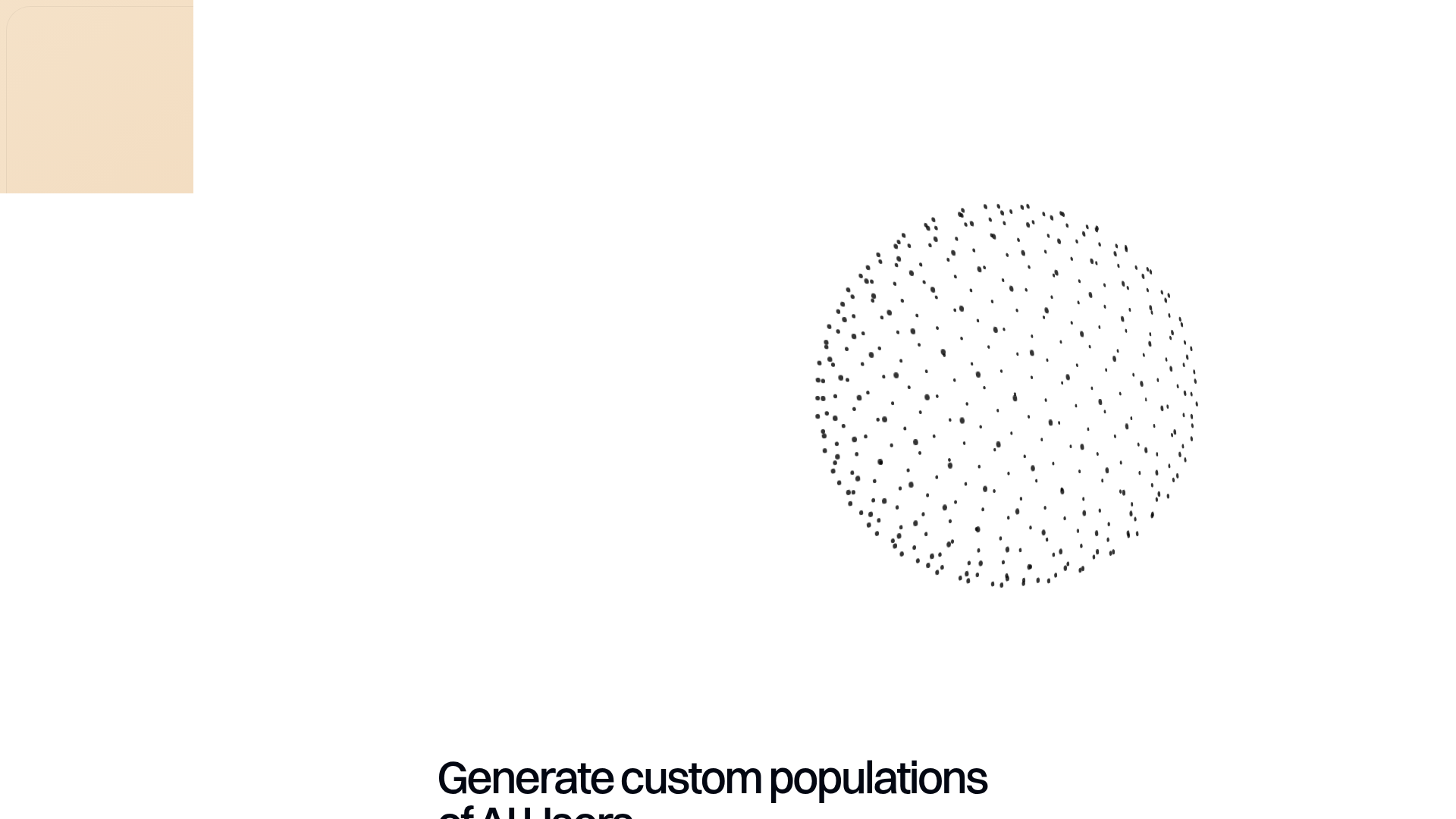Janus
| Introduction: | Janus is a platform designed to test AI agents by simulating human interactions to identify performance issues. |
| Recorded in: | 6/4/2025 |
| Links: |

What is Janus?
Janus is an AI agent testing platform that enables developers and teams to create custom populations of AI users to interact with their AI agents. Its purpose is to rigorously evaluate agent performance, pinpoint areas of underperformance, and detect critical issues such as hallucinations, policy violations, and tool errors, ultimately helping to improve the reliability and safety of AI agents.
How to use Janus
Users can get started with Janus by booking a demo to see the platform in action. The core interaction involves generating custom AI user populations that simulate real-world interactions with the user's AI agent. The platform then analyzes these interactions to provide insights into agent performance. Specific details on registration, account creation, or pricing models are not provided on the website, but a demo is the primary call to action.
Janus's core features
Hallucination Detection: Identify and measure the frequency of fabricated content by AI agents.
Rule Violation Detection: Create custom rule sets to catch and report policy breaches by agents.
Tool Error Identification: Instantly spot failed API and function calls made by agents.
Soft Evaluations: Audit risky, biased, or sensitive agent outputs using fuzzy evaluations.
Personalized Dataset Generation: Create realistic evaluation data for benchmarking AI agent performance.
Actionable Insights: Receive clear, data-driven suggestions to enhance agent performance after each evaluation run.
Use cases of Janus
Rigorously testing new AI agent versions before deployment.
Continuously monitoring AI agent performance in production environments.
Benchmarking different AI agent architectures or models.
Ensuring compliance with ethical guidelines and internal policies for AI outputs.
Debugging and improving the reliability of complex AI agent workflows involving external tools.
Reducing the risk of AI agents generating harmful, biased, or incorrect information.
Automating the generation of diverse test cases for AI agents.
Providing clear, actionable feedback to AI development teams for iterative improvements.